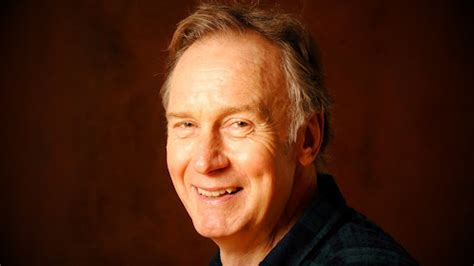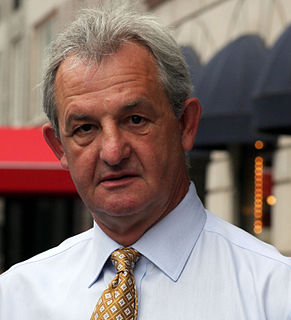A Quote by Guy Gavriel Kay
The very best way I can make any reader believe in the nuts and bolts of an art form... is to know the mechanics, to make the characters grounded in convincing detail.
Related Quotes
The devil's in the details. The way I view my job is to bring the reader into a world they otherwise could not enter and let them see it through the character's eyes. And you can only do that with detail. The details make the characters distinct from one another. If you can give them those little grace notes, those little touches, that's what makes the reader relate.
There is some confusion as to what magic actually is. I think this can be cleared up if you just look at the very earliest descriptions of magic. Magic in its earliest form is often referred to as “the art”. I believe this is completely literal. I believe that magic is art and that art, whether it be writing, music, sculpture, or any other form is literally magic.
Take a bunch of little kids to the beach and they all make art. Adults are too stupid to call it art, but it is art. They'll use their imaginations, make drama, make up characters, make pictures in the sand, they'll make up songs that no one's ever heard before. All kids, I think, are creative, but they get it pounded out of them in school.
Of course I know that the twins are only words on a page, and I'm certainly not the sort of writer who talks to his characters or harbours any illusions about the creative process. But at the same time, I think it's juvenile and arrogant when literary writers compulsively remind their readers that the characters aren't real. People know that already. The challenge is to make an intelligent reader suspend disbelief, to seduce them into the reality of a narrative.



































